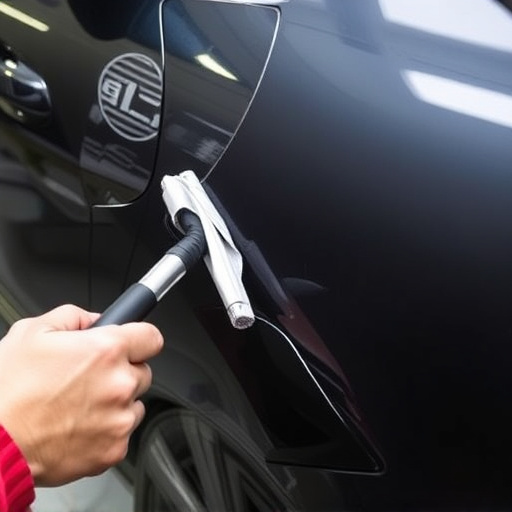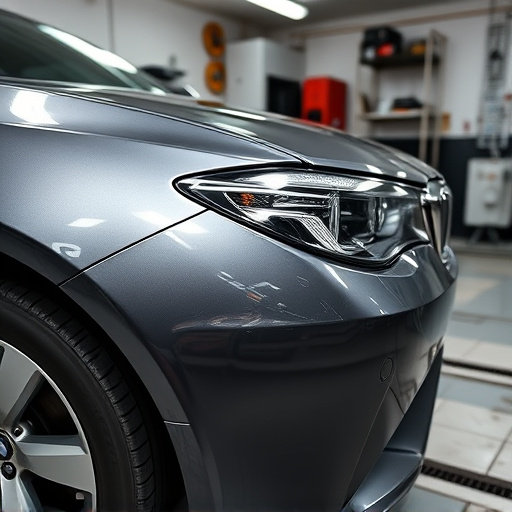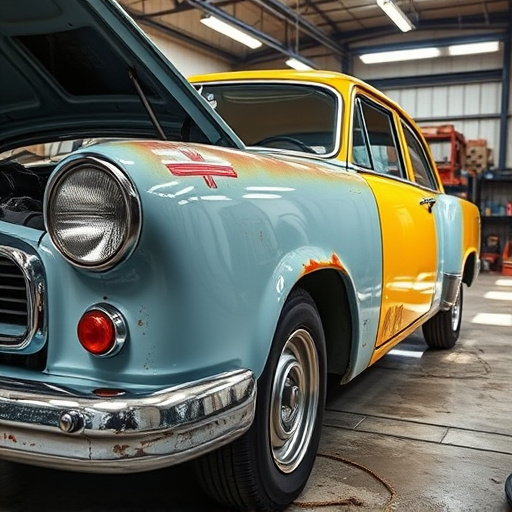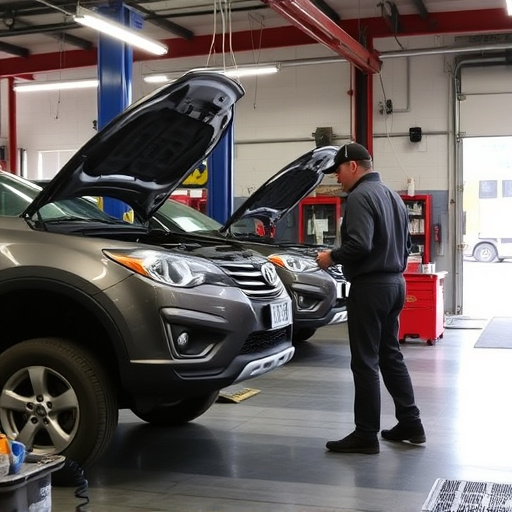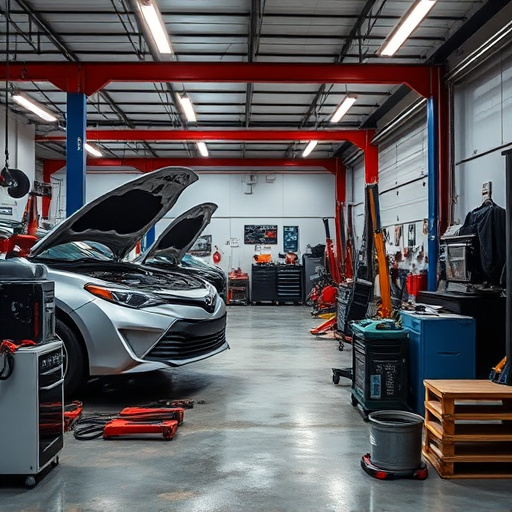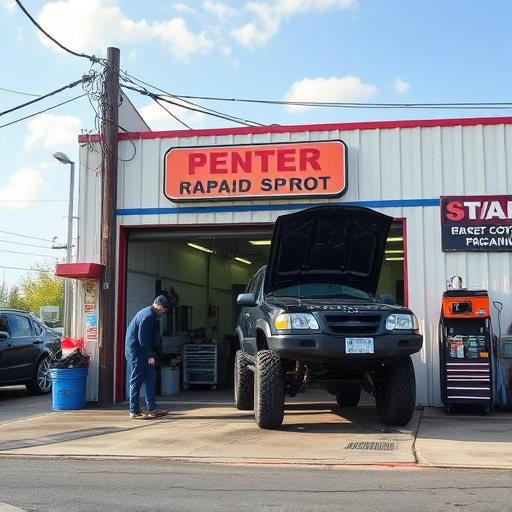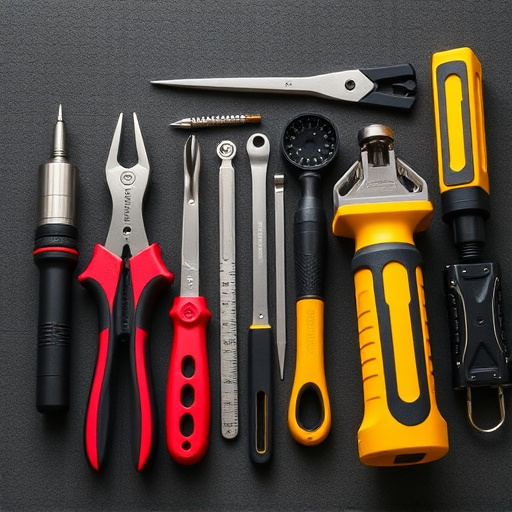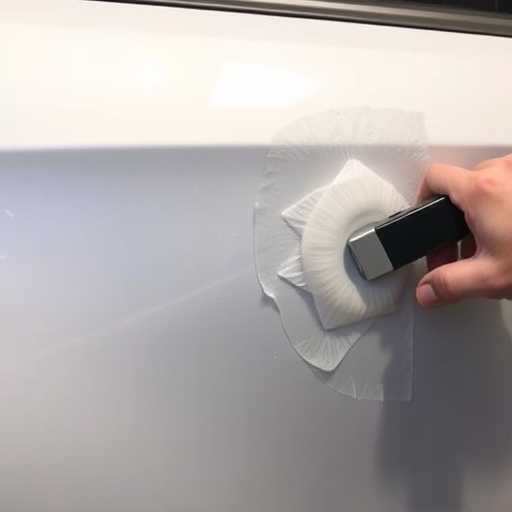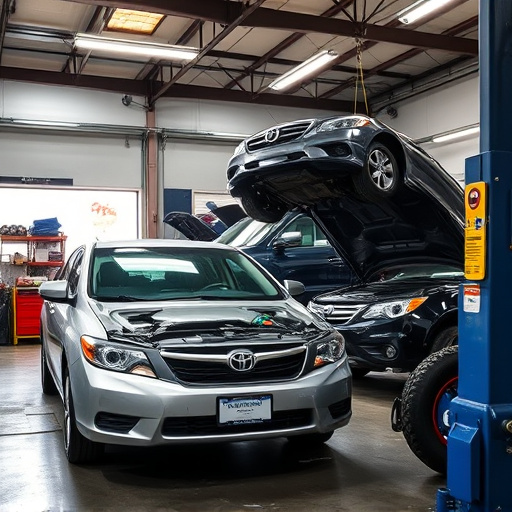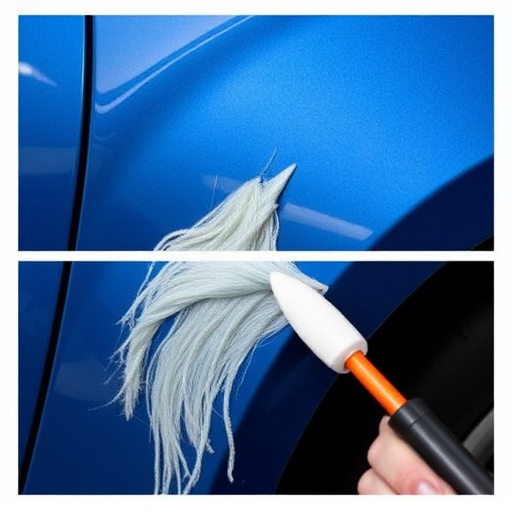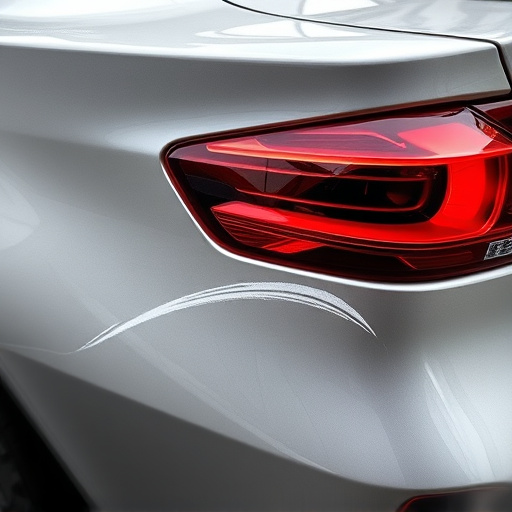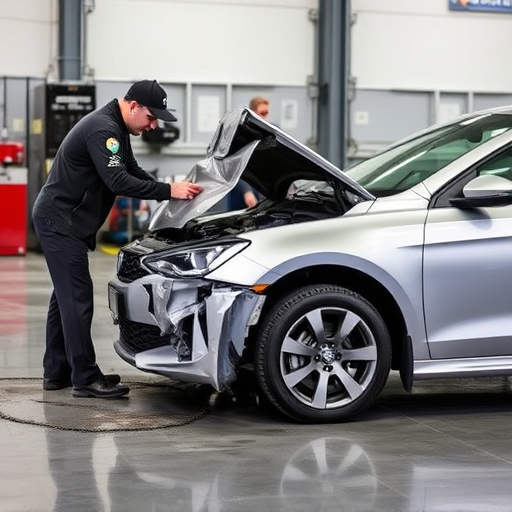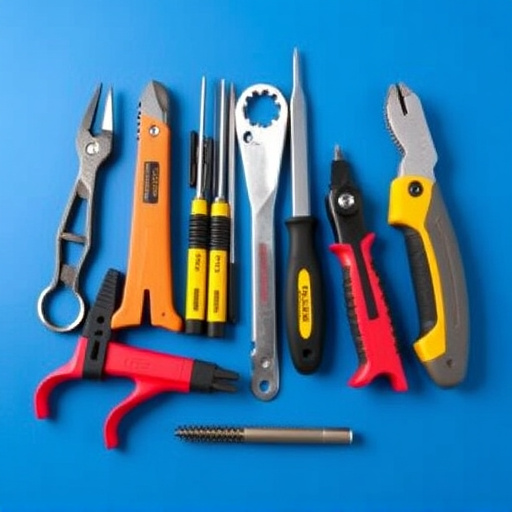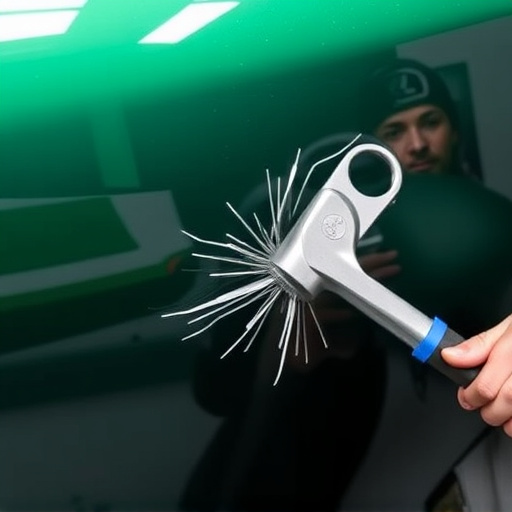Auto body panel replacement is a detailed process by skilled technicians for repairing and replacing damaged exterior vehicle panels, maintaining shape and structural integrity. Using specialized tools and knowledge, it involves assessment, disassembly, patching, priming, and painting. Essential in today's market where vehicles are significant investments, quality repairs using factory-standard materials enhance aesthetics and resale value. Proper execution preserves or boosts value; subpar work may deter buyers. Multiple factors, including car condition and history, influence resale price regardless of repairs for certain models.
“Discover how auto body panel replacement can affect your vehicle’s resale value. With an increasing trend in using replaced panels, understanding their impact on the market is crucial for car owners. This article breaks down the process of auto body panel replacement and its effects on resale. We explore current market trends, key factors influencing post-replacement resale, and offer insights to help you make informed decisions regarding your vehicle’s value.”
- Understanding Auto Body Panel Replacement Process
- Resale Value: Current Market Trends and Impact
- Factors Influencing Resale After Panel Replacement
Understanding Auto Body Panel Replacement Process
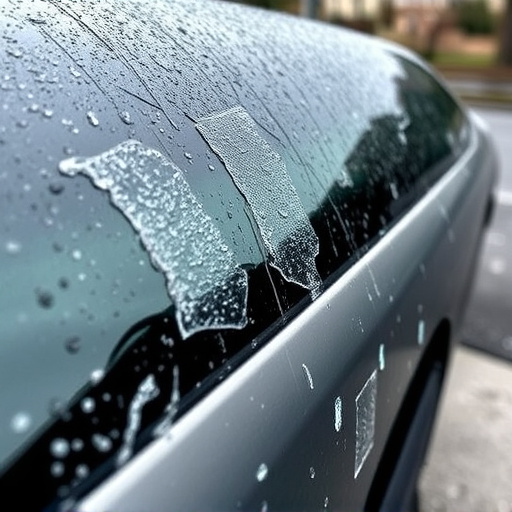
The auto body panel replacement process involves skilled technicians carefully removing and replacing damaged or deteriorated panels on a vehicle’s exterior. This meticulous work requires specific tools and knowledge to ensure the new panel fits perfectly, maintaining the car’s original shape and structural integrity. The process begins with assessing the damage, disassembling the affected areas, and preparing the surface for the new panel. This may include patching, priming, and painting, ensuring a seamless fit and matching finish.
Auto body panel replacement is a crucial aspect of automotive repair services, as it can significantly impact the car’s overall appearance and resale value. Skilled technicians use high-quality materials to recreate the original design, addressing not just cosmetic concerns but also structural ones. This process is often necessary after accidents, weathering, or when original panels become obsolete, requiring owners to consider both functional benefits and the potential increase in their vehicle’s market value following repairs, especially with professional auto painting techniques.
Resale Value: Current Market Trends and Impact

In today’s market, where vehicles are often seen as a significant investment and resale value plays a crucial role in deciding the next step for car owners, understanding the impact of auto body panel replacement is essential. The current trends indicate that while some buyers might be cautious about vehicles with replaced panels, others view it as an opportunity to secure quality repairs at competitive prices. This perception largely depends on how well the repair work has been executed and the overall condition of the vehicle post-repair.
Auto body panel replacements, including fender repair, dent repair, and car scratch repair, can certainly influence a vehicle’s resale value. However, the impact is not always negative. Properly done repairs with factory-standard or even superior materials can enhance the aesthetics and structural integrity of the vehicle, making it more appealing to potential buyers. Conversely, subpar replacements might leave visual cues that could deter interested purchasers, especially those who scrutinize every detail before making a decision. Thus, ensuring high-quality auto body panel replacement is key to maintaining or even increasing resale value in the competitive automotive market.
Factors Influencing Resale After Panel Replacement
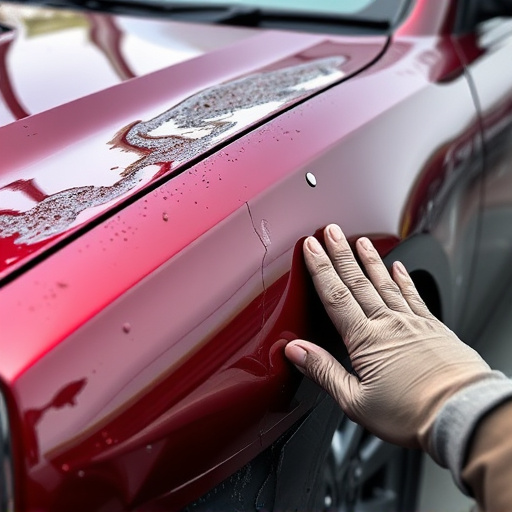
When it comes to assessing the resale value of a vehicle after auto body panel replacement, several factors come into play. The impact of this process on a car’s resale value is complex and multifaceted. One key consideration is the quality of the repair work itself. Skilled technicians using top-grade materials can ensure that the replaced panels not only match the original specifications but also maintain the vehicle’s structural integrity. This level of craftsmanship can preserve the car’s overall value, especially for models known for their intricate design or limited availability.
Additionally, the market demand for specific vehicle makes and models plays a significant role. If the car in question is a popular model with a strong used-car market, the resale impact could be minimal, even after extensive auto body panel replacement. Conversely, rare or vintage vehicles might face unique challenges; original parts may be scarce and expensive, making post-replacement sales less attractive to certain buyers who prioritize authenticity. Moreover, the overall condition of the vehicle, including its history of repairs and maintenance, will always influence its resale value, regardless of whether auto body panel replacement has been performed.
Auto body panel replacement has evolved, offering efficient and cost-effective solutions. While it’s a practical option for repairing damage, its impact on resale value is multifaceted. Market trends indicate that well-executed repairs can minimize depreciation, especially with original equipment parts. However, certain factors like the type of repair, age, and make of the vehicle play significant roles. Car buyers are increasingly conscious of quality and originality, so transparent communication about panel replacements is key to maintaining or even enhancing resale value in the competitive automotive market.
